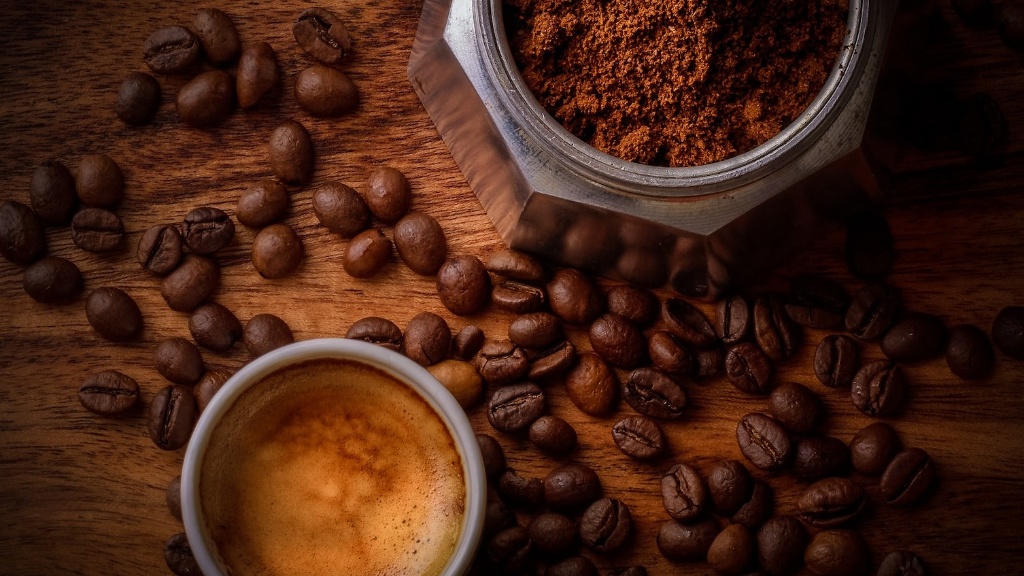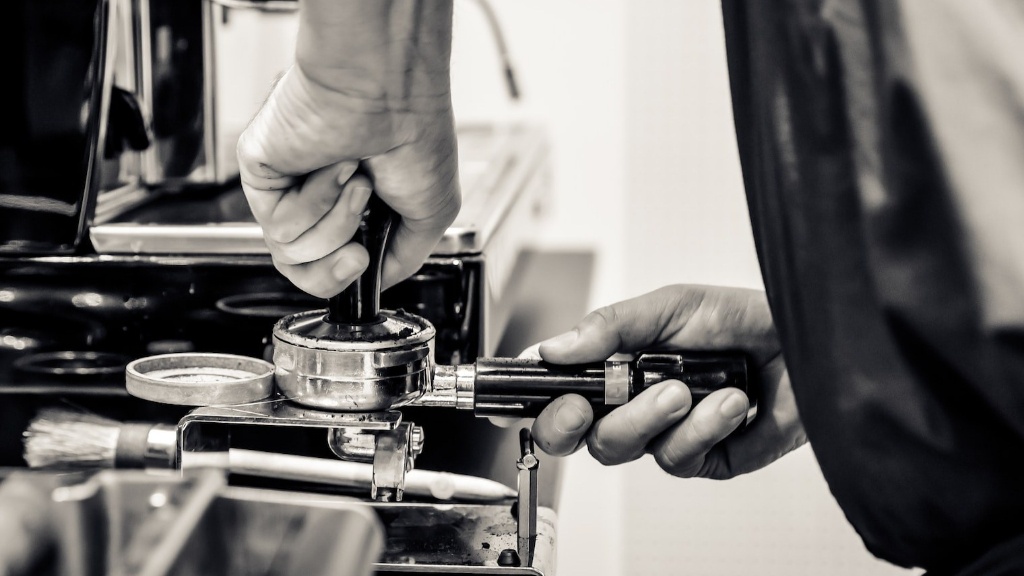Caffeine Intake After Sleeve Surgery
A gastric sleeve procedure is a weight loss surgery, which can drastically change and improve a person’s health and lifestyle. It is a drastic step and considered to be a somewhat dangerous operation, and so it is wise to be aware of the post-operative lifestyle that is needed for the best possible health. How soon after sleeve surgery can you drink coffee?
Caffeine is a stimulant, which can have adverse effects on the healing process. The general consensus is that consuming caffeine should be avoided for at least 3 months after the surgery. This is to ensure that all the healing processes have been completed and the stomach is functioning correctly. After 3 months, caffeine can then be re-introduced into your diet in small, controlled doses. But why the restricted intake and why wait 3 months?
When it comes to the healing process after surgery, caffeine has been known to reduce peristalsis, the contraction of muscles which transport food along the gastrointestinal tract. Coffee, in particular, has potassium in it which, in excess, can be dangerous as it can cause dehydration. Potassium helps the heart to beat healthy and regular, but too much of it can also put stress on the kidneys, which are still trying to heal post-operation. Because of this, it is best to avoid any caffeine-containing products until your post operative check ups indicate that you can have them again.
When the time does come to re-introduce coffee, it is important to monitor yourself and drink caffeine in moderation. Be aware of your physical state when drinking coffee after sleeve surgery. Too much caffeine can cause issues such as increased heart rate and higher blood pressure, which can be dangerous for someone who has had surgery. Additionally, it is best to stick to one cup of coffee a day, as opposed to having multiple cups per day. Keep in mind though that as caffeine affects everyone differently, it is best to be aware of your reaction to it. Many people find that prolonged consumption of caffeine can cause damaged sleep patterns and increased anxiety so these too should be monitored.
When it comes to nutrition after sleeve surgery, it’s important to ensure that the right food intake is happening so that the body can still maintain the right balance of vitamins and minerals. Although coffee can provide some antioxidants and there are stimulant effects being explored, it’s interesting to note that there are other foods out there that can also provide these benefits. Kombucha, a fermented form of tea, contains caffeine, but also has probiotics, which is an important part of the gut health equation. So, coffee should remain at a moderate intake even after sleeve surgery.
Alternatives to Coffee
Naturally caffeine-free alternatives can still provide the same stimulation and satisfaction that comes with coffee. Here are some suggestions to try if looking for an alternative but want the same ritual of making coffee:
- Carob or Cocoa: these can be delicious when mixed with nut or oat milk, providing creamy, sweet beverages with an energy boost.
- Herbal Teas: Green tea is an excellent antioxidant with a mild level of caffeine whilst other herbal teas like peppermint and chamomile have calming and restorative recreational qualities.
- Yerba mate: a strong energizer, this tea is high in antioxidants, minerals and vitamins, and can be brewed in a manner similar to coffee.
Conclusion
In conclusion, during sleeve surgery the stomach is drastically reduced by removing more than 85% of the stomach. Like with any surgery, the body needs time to recover and heal properly. Therefore it is advised to avoid caffeine consumption for at least 3 months after the procedure, in order to ensure that all of the healing processes have been completed and monitored. Once the journey of recovery begins, it is important to monitor yourself and adhere to moderation. Moreover, there are several caffeine-free alternatives that can still provide the same stimulation and satisfaction that comes with coffee, like herbal and green teas, carob and cocoa.
The Benefits of Caffeine After Sleeve Surgery
Caffeine has a host of health benefits that can come with moderate consumption. Some of the benefits as seen even before surgery and served as an incentive for why people choose to drink it in the first place. Firstly, caffeine is known to have an energizing effect, making it one of the most popular substances consumed in the world today. It is easily absorbed by the body and can have a positive mental and physical impact in the short term. It has also been linked to increased alertness, improved focus and better short-term memory for some, with sustained cognitive benefits.
In addition, caffeine has been found to increase physical performance and endurance. It can act as a fat burner and is said to increase the rate of metabolism. Moderate caffeine intake is associated with improved cardiovascular health as it has been known to minimise the risk of stroke and heart disease. After surgery, though, it is important to stick to the recommended dose which may be lower than usual, as the body needs to adjust to the changes.
The Negatives of Caffeine After Sleeve Surgery
In some cases, the benefits of caffeine may be outweighed by the negatives, especially after surgery. Firstly, too much caffeine can cause heart palpitations, indigestion, dehydration, insomnia and increased levels of anxiety, all of which are far from ideal for somebody’s health post-surgery.
In addition, overconsumption of caffeine can lead to cravings for sugar and fatty foods as the body adapts to the addictive nature of caffeine. As most followers of sleeve gastrectomies aim for optimal eating habits, this could be a risky endeavour for one’s health. It is also advised to reduce your caffeine intake during times of exercise. Caffeine in excessive amounts increases the stress hormones which can be dangerous to an individual who has recently undergone surgery.
Therefore, if you’ve recently undergone sleeve gastrectomy surgery, it is important to follow the advice of experts and avoid caffeine consumption for three months. In due time, it is possible to re-introduce caffeine into your diet in small, controlled doses. Always monitor yourself and ensure you stay within the recommended levels of the caffeine requirement.
Conclusion and Final Considerations
To summarise, the rule of thumb is to avoid caffeine consumption of all kinds for the first three months post-surgery, as this is when the healing process is most delicate and caffeine can have adverse effects. After the three month period, it is possible to reintroduce caffeine into one’s diet, but it is important to drink it in moderation and always keep an eye on your physical and mental state when drinking it. If one wishes to enjoy the same rituals of making coffee, there are a variety of caffeine-free alternatives on offer such as herbal and green teas, carob and cocoa.



